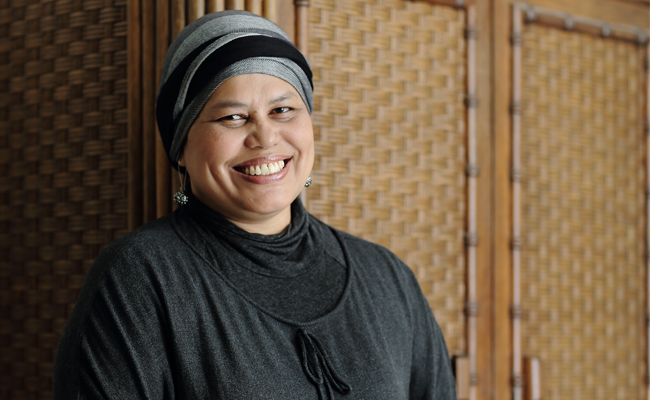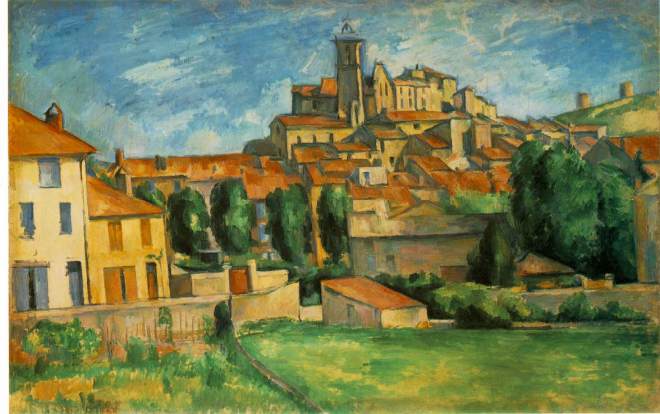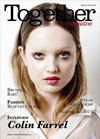“To read is to enter other points of view; it is to be an invisible observer of circumstances which might never be realised in one’s own life; it is to meet people and situations exceeding in kind and number the possibilities open to individual experience.”
– A.C. Grayling, The Meaning of Things
In my latest article for Together magazine, I wrote about how literature can challenge us and teach us how to live. It is pasted in below or you can click on the link.
My love for reading is really something that has come later in life. During childhood and adolescence, I viewed reading more as a chore then a leisure activity (apart from loving Roald Dahl’s books). In secondary school, I remember once discussing Harry Potter with my Head Mistress during a formal lunch. I will never forget her stern look when I told her that I just didn’t get why Harry Potter was so amazing (I tried reading ‘Harry Potter and The Philosopher’s Stone’ and I got bored and gave up just after Harry arrived at Hogwarts).
I’ve gotten used to not finishing books, whether it’s because I did not have the courage to carry on due to the sheer sadness of the story (Primo Levi’s ‘If This is a Man’), the author’s neuroticism pervading through the book (Franz Kafka’s ‘The Trial’), a really annoying character (Jane Austen’s Mr Knightley, and Emma for that matter), or due to boredom (sorry, Harry). I have made peace with leaving books unfinished.
Saying that, reading is one of life’s pleasures. People often say that to travel broadens the mind and expands our horizons. I don’t disagree, but reading trumps this because it enables us to take the most important journey of all, the one inward.
Enjoy the article!
Living by the book: Gemma Rose believes that literature challenges us and teaches us how to live
I am my father’s daughter. I can spend hours in a bookshop or library. I go in with the intention of getting one book but end up coming out with three or four more. I absolutely love stumbling upon hidden gems: books with catchy titles or front cover artwork, recommended books or other works by my favourite authors. These are really magical moments. I have to admit though, I still have books that I’ve bought which I haven’t got round to reading yet (but I still like showing them off on my bookshelf), paying heed to the German philosopher Schopenhauer: “One usually confuses the purchase of books with the acquisition of their contents.”
Another magical moment is when I have let a book go and it finds its way back into my life again, sometimes years later. One such book is JK Rowling’s The Tales of Beedle the Bard, a set of short-stories for young wizards and witches written by Beedle the Bard, a mysterious figure from 15th-century Yorkshire, England, with an exceptionally luxuriant beard. A friend of mine had lent it to me back in 2008. I had been particularly taken by the story The Fountain of Fair Fortune, a tale of three ill-fortuned witches and a luckless knight striving to bathe in the fountain to cure their ills. One witch, Amata, had been abandoned by her lover and yearned to mend her broken heart. At the time, I, too, had been struggling with heartbreak, so I found this story particularly touching. This story stayed with me for a long time, and I would often recall it when I needed consolation. A couple of years later, I found the book in a charity shop staring right back at me. It’s been with me ever since.
Last year, there was a wave of press about how reading had been scientifically proven to make you more empathetic. The journal Science published a study by New York’s New School of Social Research, which showed that, in five experiments, persons who had read excerpts of literary fiction performed better in emotional intelligence tests than those who read nonfiction, popular fiction or nothing at all. Dan Hurley, science journalist and author of Smarter: The Science of Building Brain Power, has reported that there is a symbiotic relationship between reading and emotional intelligence, fluid intelligence (the ability to solve problems) and crystallised intelligence (knowledge that you build upon, such as vocabulary and information).
The importance, though, is not just what we read but how we read it. The study in Science used Chekhov, Don DeLillo and Téa Obreht as examples of literary fiction and Danielle Steel as an example of popular fiction. It is often acknowledged that popular fiction has the element of passivity in it, that perhaps the plot and the characters’ lives can be predictable. Rather, for reading to become an activity and for us to be thoroughly enriched by it, we ought to read books that challenge us, forcing us to reflect and to think for ourselves. The Man Booker Prize winner Eleanor Canton recently wrote about the danger of treating literature as a consumer product, something easily attained and easily disposable without putting in the effort: “Consumerism, requiring its products to be both endlessly desirable and endlessly disposable, cannot make sense of art, which is neither.”
Stories – for me particularly, short stories – remind me that I am human: I make mistakes; I make assumptions; I accept life’s lemons with serenity one day; I fight against it the next. I experience unrequited love, abandonment and romantic regret. And, yet, I also feel the sensation of growing attachment and unconditional love. By reading stories, I am comforted that I am not alone and that I, too, am part of the imperfection that constitutes mankind.
Most recently, I made an assumption that could have cost me an important friendship. Before I let this assumption take hold of me, I brought myself back to the short story Painted Ocean, Painted Ship by Rebecca Makkai. The story focuses around a young woman who was becoming frustrated at her partner’s unwillingness to reassure her of her beauty and her worth. The woman realizes how her obstinate nature could have cost her the love of a good man: “The point, the moral, was how easy it was to make assumptions, how deadly your mistakes could be. How in failing to recognize something, you could harm it or kill it or at least fail to save it.”




